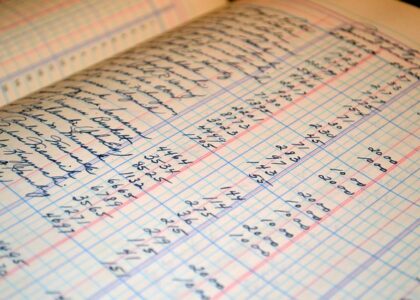Working out who earns what is surprisingly tricky. Both the very rich, who sometimes try to keep their wealth from the taxman, and the very poor, who are sometimes mistrustful of clipboard-wielding officials, are especially hard to pin down. Nevertheless, before the covid-19 pandemic, household surveys consistently found a fall in the number of people living in poverty. The World Bank counted 659m living on less than $2.15 a day in 2019, down from around 2bn in 1990.
Yet this progress came at a cost: a global “precariat” emerged, members of which were barely out of poverty and perilously exposed to shocks, while the top 1% got rich faster. That, at least, is the received wisdom. The World Inequality Database, a project associated with Thomas Piketty and Gabriel Zucman, two economists, combines tax data with other sources of information to estimate the incomes of the uber-rich. They have found that although inequality between countries has fallen, as the rest has caught up with the West, within countries it may have risen. Chinese and Indian elites have done the best relative to their countrymen. American and European plutocrats, who are busy stashing wealth in tax havens, have done well, too.



